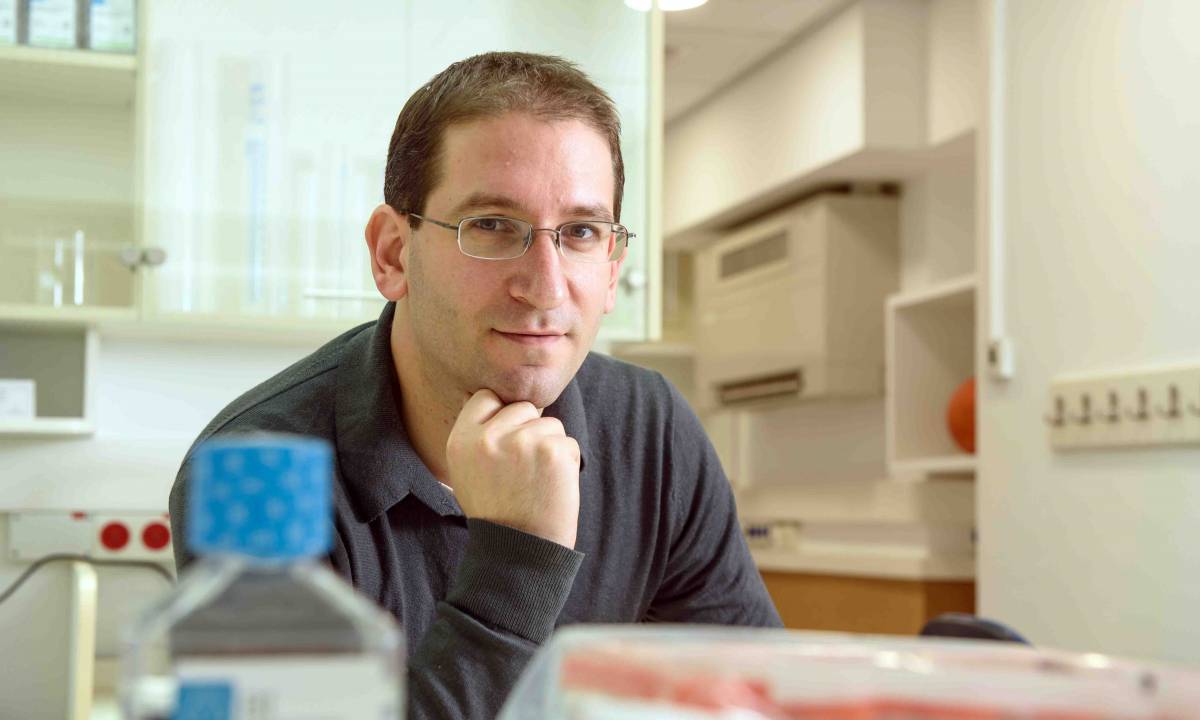
 The Neuroendocrine Tumor Research Foundation (NETRF) today announced $3.5 million in neuroendocrine tumor (NET) research grants to fund 12 projects around the world in pursuit of more precise treatments for this uncommon cancer affecting an estimated 171,000 Americans.
The Neuroendocrine Tumor Research Foundation (NETRF) today announced $3.5 million in neuroendocrine tumor (NET) research grants to fund 12 projects around the world in pursuit of more precise treatments for this uncommon cancer affecting an estimated 171,000 Americans.
After investing $26 million in research during the past 15 years, NETRF has helped to establish the NET knowledge base needed to expand the exploration of improved treatments, according to Elyse Gellerman, NETRF Chief Executive Officer. “We can see real momentum in this new round of grants. We hope the discoveries from these projects will lead to improved treatment options for patients.”
NETRF is supporting a new pioneering approach to NET immunotherapy with a Petersen Accelerator Award to Steven Libutti, MD, Rutgers Cancer Institute of New Jersey, to characterize a novel immune regulator called B7x to determine whether it has a role in shutting off the body’s immune response to fight against pancreatic NETs.
This round of funding features multiple new fronts for NETRF. To help grow the NET scientific workforce, the Foundation granted two inaugural Mentored Awards for early career researchers, one of which was funded by a grant from Ipsen. There were also new areas of NET inquiry. For the first time, NETRF is funding pheochromocytoma and paraganglioma research, including an evaluation of a novel radiotracer for imaging adrenal NETs.
NETRF also funded four research projects in lung NETs, an area that has not previously received the attention of other NET sites. These lung studies include:
- Conducting single-cell genomic analyses to understand how lung NETs form, grow, and spread.
- Mapping the cellular networks of typical and atypical lung NETs to find biomarkers that help predict a tumor’s aggressiveness.
- Characterizing the molecular makeup of a newly identified, aggressive lung NET called “supra-carcinoid.”
- Determining the sociodemographic and geographic patterns of lung NETs in California.
“Advances in NET research have been hampered by the lack of effective laboratory disease models, and a limited understanding of the molecular and genetic profiles of NETs,” said John Kanki, PhD, NETRF Director of Research. “Now that we are making strong headway along these lines, we can finally begin to drill deeper with greater specificity, to identify and explore new strategies for treating NETs.”
NET tumors require the expansion of new blood vessels in order to grow and spread and two new grants explore new therapies that target developing tumor blood vessels. Researchers at Vanderbilt University will explore the potential efficacy of a combination therapy testing a drug known to affect the formation of new blood vessels (cabozantinib) together with an experimental drug called CB-839. At Columbia University Medical School, scientists will conduct preclinical laboratory experiments to test whether turning off two complementary blood vessel-forming processes together can improve therapeutic efficacy in pancreatic NETs.
NETRF also approved grants to study a potential cause of small intestinal multifocal tumors and to evaluate the role of the gut microbiome in carcinoid syndrome.
Seventy-five percent of the grants were awarded to research institutions that are new to NETRF. Five grants fund international research at Erasmus MC, University Medical Center Rotterdam, Netherlands; Hebrew University of Jerusalem, Jerusalem, Israel; International Agency for Research on Cancer (IARC-WHO), Lyon, France; Istituto Auxologico Italiano – Istituto di Ricovero e Cura a Carattere Scientifico, Milan, Italy; and Weizmann Institute of Science, Rehovot, Israel.
Seven of the 12 grants fund innovative NET research at American academic institutions, including Columbia University Medical Center, New York, NY; Dana-Farber Cancer Institute, Boston, MA; Rutgers Cancer Institute of New Jersey, New Brunswick, NJ; University of California, San Francisco, CA; Tufts Medical Center, Boston, MA; University of Michigan, Ann Arbor, MI; and Vanderbilt University Medical Center, Nashville, TN.
The NETRF grant process is a competitive and structured peer-reviewed process. The Foundation is currently accepting applications for its next grant cycle. Applications must be received by March 9, 2020.
Gellerman thanked the many individuals and foundations whose gifts to the 501(c)(3) nonprofit organization support NETRF’s research and educational activities. A generous gift from the Margie and Robert E. Petersen Foundation will fund several of the new projects. Additional support has been provided by the Goldhirsh-Yellin Foundation of Los Angeles and Advanced Accelerator Applications.
